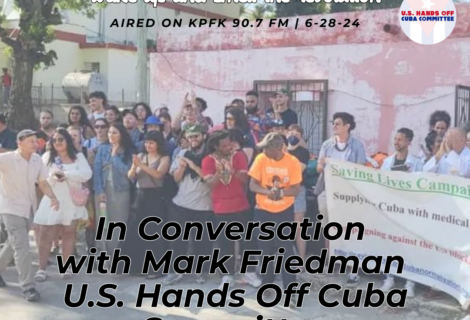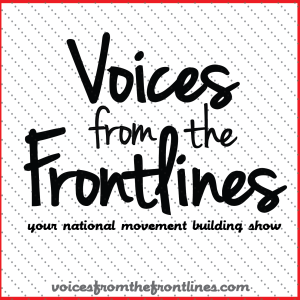The Revolutionary King
Dr. Martin Luther King was a constantly evolving person and was intellectually and political courageous. The system’s manipulation and re-writing of his life to suit its self-congratulatory purposes is cynical and venal—and once again, an effort to suppress the Black revolutionary tradition, of which he was a part, and prevent it from falling into the hands of a new generation of organizers who desperately need to learn from it.
In listening to the “I Have a Dream” speech that the system loves so much, you hear King appealing to the conscience of a nation he does not trust, but he’s still so hopeful. His statement that his dream is “part of the ‘American dream’” was based on an optimism that Black people could be “integrated” into the broader society. At that time, the democratic fight for “integration” was revolutionary, because it opposed its opposite, “segregation,” as in the cries of the Southern racists at the time: “segregation now, segregation forever!”
It is hard for people to understand now what a revolutionary period in history is. Lenin said that there are centuries in which a year of change is made and years in which a century of change is made. From 1955, with the Montgomery Bus Boycott and the Bandung Conference of Non-Aligned Nations, to 1975, with the defeat of the United States in Vietnam and the victory of the National Liberation Front, events and consciousness were happening at a revolutionary pace. The Dream speech took place on August 28, 1963 and appealed to President John F. Kennedy to pass a civil rights act. Three months later, on November 22, 1963 President Kennedy was assassinated. Lyndon Johnson told the public that the greatest memorial they could give was to pass a civil rights act (which was not really President Kennedy’s priority at all). King felt he had significant influence with the Democratic Party and was very appreciative that President Kennedy had intervened to get him out of a southern jail and had high hopes for President Johnson.
But King saw the Democrats escalate the genocidal war in Vietnam in which 4 million Vietnamese were murdered. He saw the Democrats kill their own “War on Poverty” while it was still in the cradle, because it was creating a revolution of rising expectations and challenging urban Democratic mayors. He realized that his Dream was being co-opted and his calls for non-violence were being used against the Black urban rebellions. King angrily replied that “I cannot be silent” when the United States, “my own government, is the greatest purveyor of violence in the world.” In his last years, King moved closer to Malcolm X, he portrayed the civil rights movement as part of the anti-colonial and anti-imperialist struggles of the time, spoke out strongly against the U.S. in Vietnam. (On the Voices radio show tomorrow, I will read the section in my book, Playbook for Progressives: 16 Qualities of the Successful Organizer in which I talk about King’s speech against the war in Vietnam and his role as “the evangelist.”) King organized the Poor People’s Campaign as a struggle with the system and a working class-based front in the Black liberation, left movement.\
Aired January 22, 2013
Click here to download.
Hosted by Eric Mann on KPFK 90.7 FM






